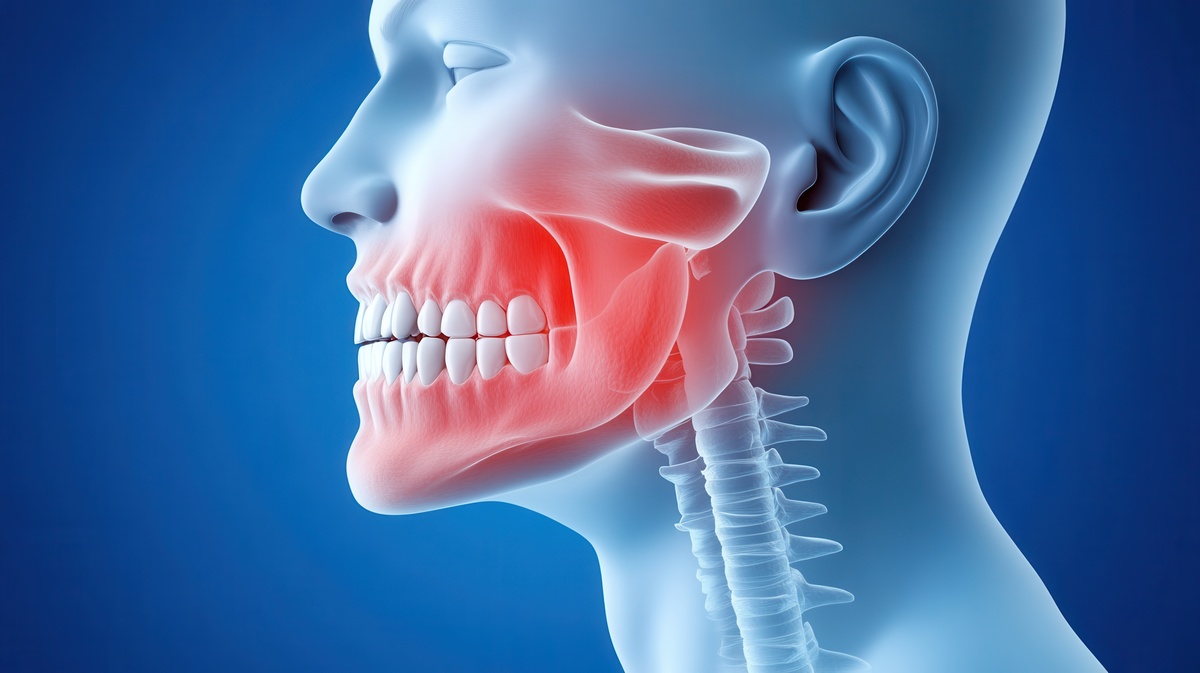
That sharp, throbbing pain radiating through your jaw might be more than just a temporary inconvenience, but instead, your body’s urgent distress signal warning of a serious dental emergency. When ordinary discomfort transforms into intense pain that disrupts your ability to speak, eat, or even concentrate, understanding whether you’re facing a true emergency can be the difference between quick relief and unnecessary suffering that potentially leads to permanent damage.
At Drs. Chin & Pharar Dentistry, we specialize in addressing jaw pain and related dental emergencies for patients throughout Las Vegas. Our community-based practice offers compassionate emergency dental care when you need it most, with particular expertise in treating TMJ disorders and jaw-related conditions that can escalate into urgent situations.
When Jaw Pain Becomes an Emergency
Jaw pain can range from mild discomfort to severe, incapacitating pain. While not all jaw pain constitutes an emergency, specific symptoms indicate you need immediate attention. You should seek emergency dental care if your jaw pain is accompanied by:
- Severe, unrelenting pain not relieved by over-the-counter medications
- Inability to open or close your mouth completely
- Visible swelling or inflammation around the jaw
- Fever, which may indicate infection
- Trauma or injury to the jaw area
- Difficulty breathing or swallowing
- Sudden changes in your bite alignment
These symptoms may signal serious conditions requiring prompt intervention, such as severe TMJ disorders, dental abscesses extending to the jaw, or even fractured jaw bones.
Common Causes of Emergency Jaw Pain
Several conditions can trigger jaw pain emergencies. Understanding the origin of your pain is vital in seeking proper treatment.
TMJ Disorders
Temporomandibular joint (TMJ) disorders are among the most common sources of emergency jaw pain, with an estimated 10 to 35 million Americans suffering from TMJ pain. The TMJ attaches the jawbone to the skull and allows for the complex movements needed for speaking and chewing. When this joint becomes inflamed, displaced, or damaged, it can cause excruciating pain.
TMJ disorders may develop from teeth grinding, jaw clenching, arthritis, or jaw injuries. In severe cases, the pain can become unbearable, the jaw might lock in position, or you might hear popping or clicking sounds when moving your jaw.
Dental Infections
Untreated tooth infections can spread to neighboring tissues and the jawbone. What begins as a simple cavity can progress to an abscess—a pocket of infection—that can cause significant jaw pain and swelling. These infections can become life-threatening if they spread further into your bloodstream or toward your brain.
Trauma and Fractures
Direct impacts to the face during accidents, sports injuries, or falls can fracture the jawbone or damage the TMJ. These traumatic injuries typically cause immediate, severe pain and often require emergency intervention to prevent long-term complications.
How We Treat Jaw Pain Emergencies
When you arrive at our office with emergency jaw pain, we prioritize alleviating your discomfort while determining the underlying cause.
For severe TMJ-related emergencies, we may provide:
- Immediate pain management techniques
- Anti-inflammatory medications to reduce swelling
- Muscle relaxants, if muscle spasms are contributing to the pain
- Stabilization splints or nightguards for acute relief
For infections causing jaw pain, treatment may include:
- Drainage of any abscesses
- Prescription antibiotics to fight the infection
- Root canal therapy or extractions
- Pain management until the infection resolves
It’s crucial to address jaw pain promptly before it worsens. Early intervention often leads to less invasive treatments and more successful outcomes.
Preventing Jaw Pain Emergencies
While not all dental emergencies can be prevented, many jaw pain crises can be avoided with proactive care. Regular dental check-ups allow us to diagnose potential problems before they become emergencies. If you know of TMJ issues, wearing a custom nightguard can help prevent nighttime grinding and clenching, which often enhances jaw pain.
Practicing stress-reduction techniques may also help, as stress commonly triggers jaw clenching. Additionally, avoiding hard foods or extreme jaw movements can reduce strain on your TMJ.
Contact Drs. Chin & Pharar Dentistry For Emergency Jaw Pain Care
At Drs. Chin & Pharar Dentistry, we understand how debilitating emergency jaw pain can be. Our team offers high-quality, compassionate care for patients experiencing TMJ disorders, dental emergencies, and complex dental issues. We specialize in treating medically complex cases and providing second opinions for challenging dental situations.
Don’t wait until jaw pain becomes unbearable. If you’re experiencing severe jaw discomfort or any of the emergency symptoms discussed above, call our office immediately at (702) 445-7075 or use our contact form to receive the prompt, expert care you deserve.